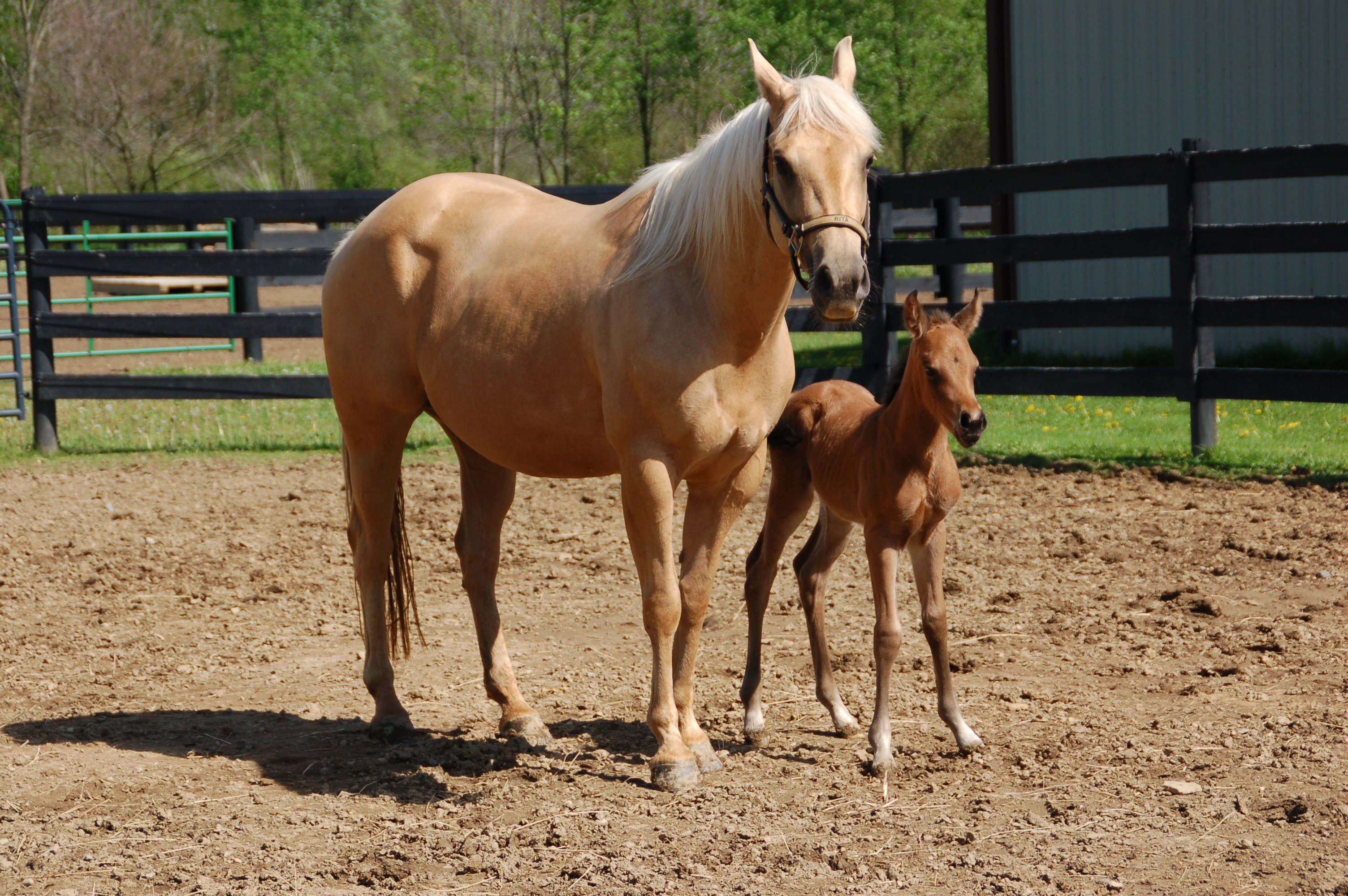 Has anyone ever told you ‘no’? I am sure they have. Maybe it was for your own protection, “No, don’t touch that-it will hurt you.” Or maybe the ‘No’ was to protect them. “No, I can’t go with you today.” or “No” without any reason at all.
Has anyone ever told you ‘no’? I am sure they have. Maybe it was for your own protection, “No, don’t touch that-it will hurt you.” Or maybe the ‘No’ was to protect them. “No, I can’t go with you today.” or “No” without any reason at all.
How did you take that “No”? Did you receive it well or did it make you hurt, angry or something else?
Can your horse tell you ‘No’? Your kids? When they do, if they do, do you try to see where they are coming from or do you try to convince them that they need to see it your way?
6 Comments
Leave a Comment

FREE PDF DOWNLOAD
WHY IS MY HORSE...?
100% Private - 0% Spam
No one taught you the skills you need to work through these things.
Riders often encounter self-doubt, fear, anxiety, frustration, and other challenging emotions at the barn. The emotions coursing through your body can add clarity, or can make your cues indistinguishable for your horse.
Learning these skills and begin communicating clearly with your horse.
Click here to learn more.

I guess I would have to say that it depends. If someone says no when I ask if for permission to do something I am instantly angry at them. Sorry mom and dad! I just can’t help it. I don’t really express my anger and I get over it quickly, but I still get mad. If I am asking someone’s opinion on something and they say no, I get curious. Why not?
livy
I prefer “not yet”
first I try to see where it is coming from and if it is legit, I help them through it. if it is defiance or there is no solid reason they will see it my way. because if it is children, I am the parent, and if it is a horse I am the dominent.
I just adopted a rescue horse (she was in a slaughter truck that crashed on the highway), and her favorite “word” is NO, especially when it comes to getting her inside small-ish spaces (like a wash wrack or stall); she even refuses to be tied. After about a month of work she conquered her fear of the wash wrack (yay!) but we still have a LONG way to go before she’ll be confident enough to do simple things like tying. The hardest part for me is knowing that she truly is frightened; the wash-wrack sure does look like the inside of a trailer… I’ve done ground work with her for two months – I only started riding her about two weeks ago – including desensitizing. Some things are just harder to repair than others, I guess. *Sorry this is so long!! Thanks, Emma
Well I have to say it is unusual for me to be on the receiving end of a “NO”, but it does happen occasionally, and when it does I take Pat Parelli’s point of view, he said “If your horse says no, you either ask the wrong question, or asked the question wrong.”
Most of the time this works with humans too, if you word things right, and help – not force – people to see things in another light (does not have to be the way you see it) then you can get them to change their minds, it’s like a business deal you make your product look as good as it can, without stretching the truth, and when you get the green light (the “YES”) you STOP talking!!!!
Oh and yes my horses are aloud to say “no”, I would never try and stop them from saying “no” a few times, because it is a natural part of the learning process, they can say “no” all they want actually, but what my horses learn after a few sessions, is that when you say “no” we work harder, and longer, and when you say “yes” the work stops, and they get a release.
LOL I decided to start my old blog up again… 😀
I think we need to respect a “no” and understand it’s associated with things we’re not considering.